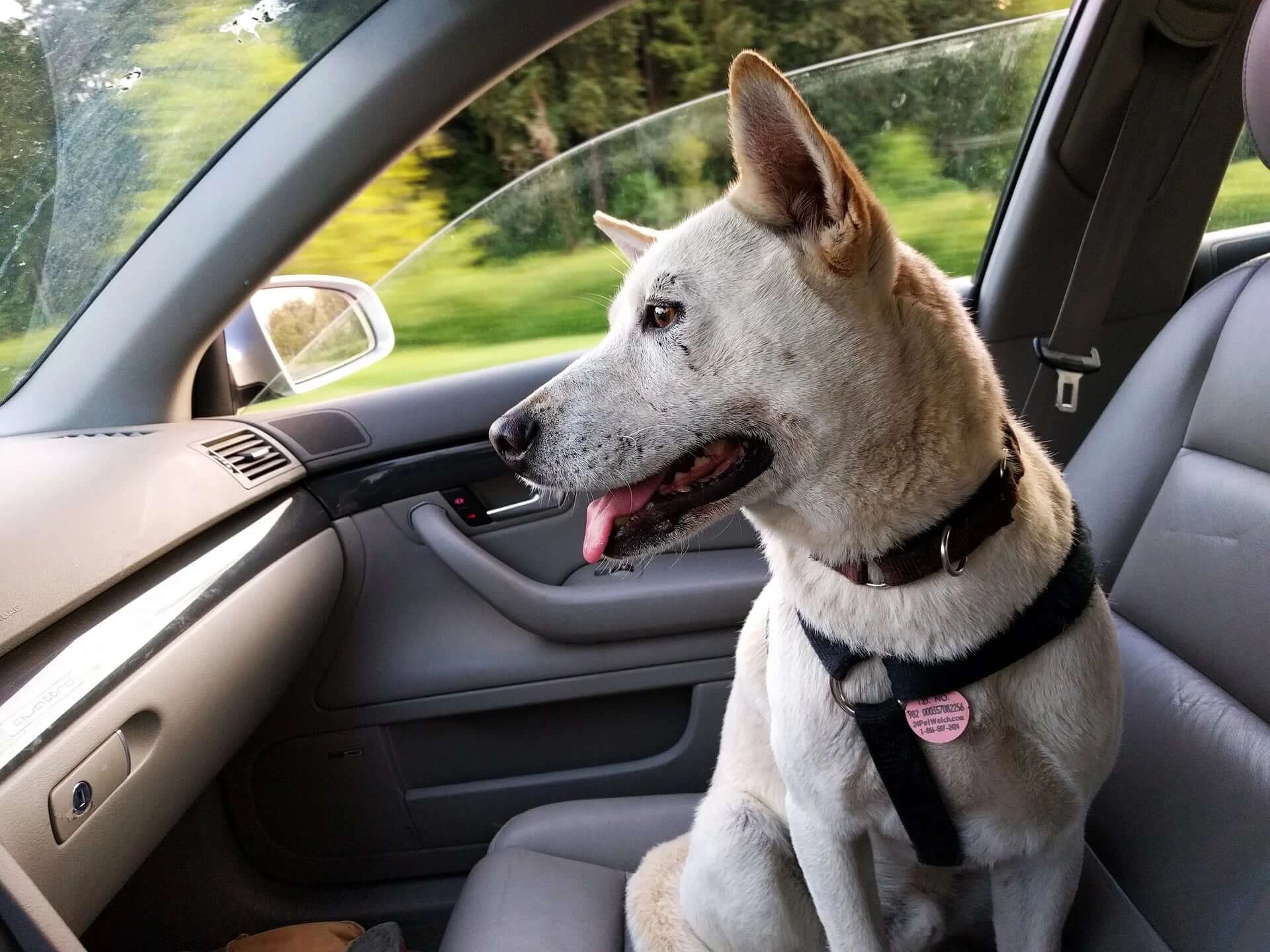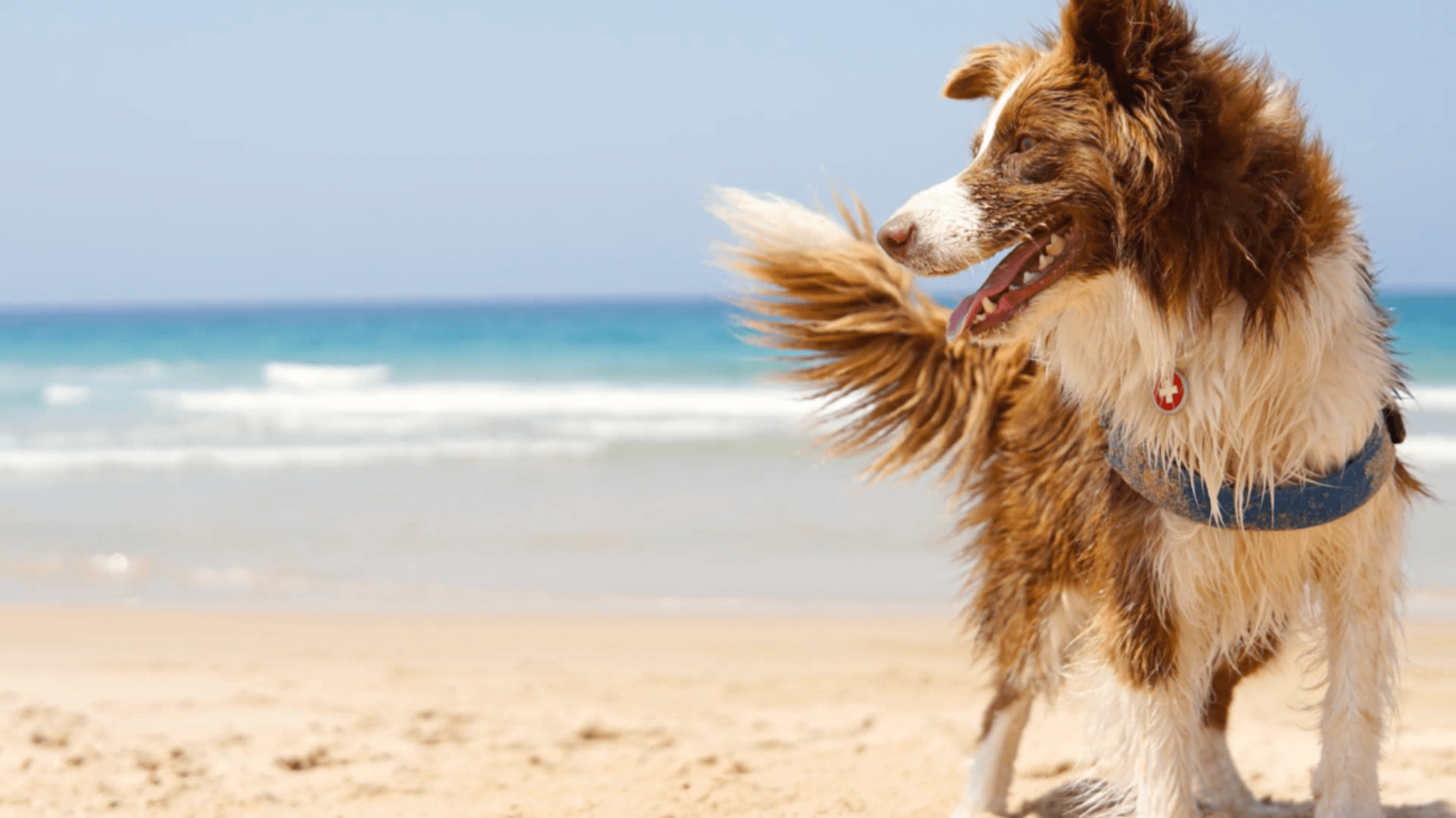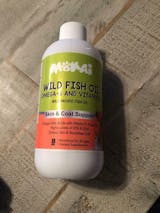If you have ever given calming treats to your dog and read the ingredients, then you probably saw valerian root as one of them. This natural supplement is known for its anxiety calming effects both on people and dogs. But, what is the truth behind valerian root for dogs? Is it good for them? Does it have any side effects? Let’s find out.
What is valerian root for dogs?
Valerian root comes from the flower called Valeriana Officinalis, originally grown in Asia and Europe. Since its beginning, the part of the flower has been used for aesthetic purposes such as perfume, and the root, well, for what brings us here today: its calming effects.
For centuries, humans have been using the root from the valerian flower to help relief stress and anxiety. But, does it also work on dogs? It absolutely does.
That’s right, if your pup is feeling anxious due to fireworks, a loud thunderstorm or a long car ride, valerian root can help them ease that feeling.
How does valerian root for dogs work?
Researchers are not 100% sure how valerian root works, but it is believed to increase the levels of GABA, a chemical of the brain, which is in charge of providing a calming effect to the body.

The benefits of valerian root for dogs
Although there are no studies that back it up, many vet and pet parents recommend the usage of valerian root for dogs due to the multiple benefits they have experienced.
Its main and most desired benefit is its calming effect. Valerian root will help your dog soothe their anxiety in different situations such as:
- Going to the vet
- Guests on the house
- Loud noises such as thunderstorms or fireworks
- Car rides
- Separation anxiety
- Traveling by plane
How to give valerian root to your dog
Your pup can benefit from valerian root in different ways, such as:
- Capsules
- Tincture
- Powder
- Dried herb
- Drops
- Delicious Chews
Since it is an OTC supplement, finding one is not a hard task but because it has a strong taste it might be hard to find one your dog will love, or even accept. What can be quite tricky is dosage, since there isn’t an established scientifically proven rule about it.
Dr. Lisa Pinn McFaddin says dosage depends on the dog’s level of anxiety and on whether it is taking any other type of supplement or medication.
You should also consider other variables such as the weight of the dog and the form in which the root is being supplied.
The Veterinary Herbal Medicine also claims that, when given as a dried herb, the correct dosage of valerian root for dogs is between ¼ tsp to ½ tsp; and when given as tincture, between 1½ tsp to 3 tsp.
There is one more format in which valerian root can be given to dogs, and that is as calming treats. These chews contain a mixture of ingredients that will help your dog feel calmed during multiple stressful situations.
With this option, you don’t have to worry about the dosage as it’s specified on the product, and you will also be giving your pup the benefits from many other ingredients, such as L-tryptophan and theanine, passionflower, ashwagandha and hemp.
If you want to find the 7 best calming treats for dogs, click here, and if you want to find out how calming treats for dogs work, click here.

Does valerian root for dogs have any side effects?
Valerian root can have some side effects on your dog you should pay attention to, such as:
- Drowsiness
- Lethargic
- Upset stomach that can lead to diarrhea or vomiting
- Unsteadiness on feet
If you notice any of these symptoms, make sure to give your vet a call so they can tell you how to proceed.
In many occasions, these side effects appear because the valerian root is interacting with another medication, such as antifungal drug, antiepileptic medication, antihistamines and sedatives.
















